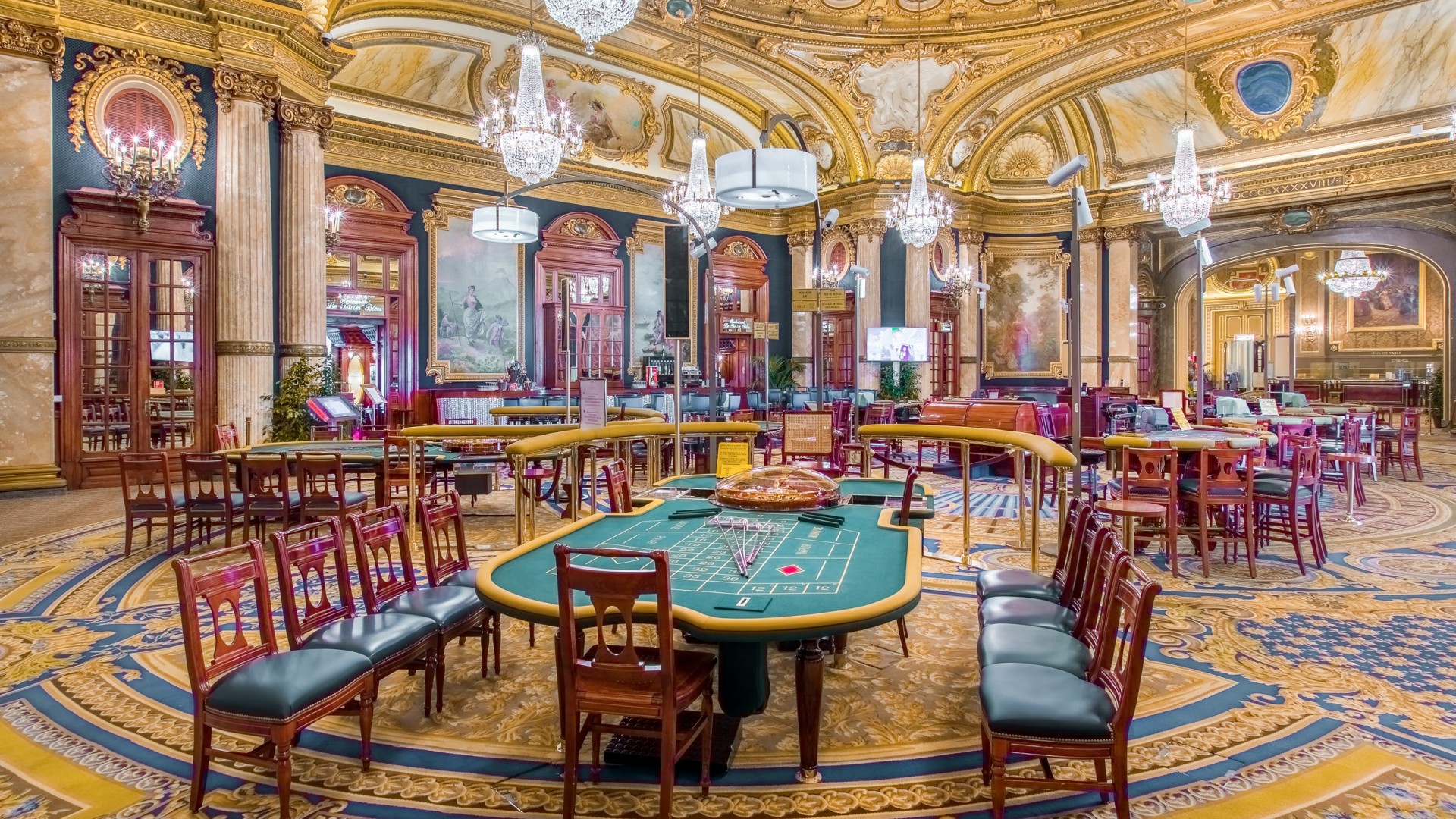
Casino games have long been a fascinating form of entertainment, drawing numerous of players from varied cultures around the globe. From the opulent casinos of Las Vegas to the thriving gambling halls of Macau, these games serve as a link that brings together people across a variety of backgrounds. The allure of luck, tactics, and gambling entices not only those looking to gamble for profit but also those seeking a shared experience.
The cultural impact of casino games extends well beyond the gaming floor. They often reflect the social norms and principles of the societies in which they thrive. Games such as seven-card stud, pontoon, and roulette have integrated into the mosaic of cultural phenomena, influencing multiple fields from movies to style. As we explore this captivating intersection of luck and society, we can comprehend better how casino games shape and are influenced by the surrounding world.
Historical Development of Casino Activities
The beginnings of gambling activities can be traced back to old cultures, where gambling in different forms was widely engaged in. In the East, around 2300 BC, a form of gambling known as Keno was well-known, while in ancient Rome, soldiers would regularly bet on the consequences of their contests. The notion of using luck for entertainment and gain developed over the centuries, leading to the creation of more organized games. By the end of the Middle Ages, betting houses began to emerge in the continent, notably in the Italian peninsula, which presented early forms of famous games still played today.
As gambling increased recognition in Europe, the 17th and 18th centuries saw the emergence of gambling establishments as dedicated venues for gaming. The first official casino, the Ridotto, was established in Venice in the year 1638, providing games like Baccarat games and Faro games. This time marked a significant pivoting point, as casinos began to welcome not just the wealthy but also the growing middle-tier society. The sophistication of activities increased, leading to the creation of new rules and variations that enriched the gaming experience.
In the 19th century, the industrial age and shifts in societal conventions further transformed the landscape of gaming activities. The introduction of roulette and new gaming machines drew a larger audience, and gaming houses became seen as legitimate fun. This era witnessed the globalization of casino activities, as gambling houses spread from Europe to the Western Hemisphere, culminating in the development of the iconic Las Vegas Boulevard in the 1900s. The progress of gaming games has persisted into the present day, integrating new technologies and online services, allowing them accessible to a global population.
## Cultural Significance in Various Cultures
Casino activities have significant social importance across numerous cultures across the planet. For instance, in Las Vegas, the very fabric of the city is woven around gambling establishments, where gaming is not just a recreational activity but a central aspect of social engagement and community interaction. The bright lights and vibrant atmosphere attract countless individuals, showcasing how gambling activities can shape local economies and local cultures. This environment transforms the notion of recreation into an engaging event that shapes style, music, and even cinema.
On the other hand, some cultures treat wagering with more caution, seeing it through the lens of ethical beliefs and tradition. For instance, in many Eastern societies, games like Mahjong and Pai Gow Gambling are full of history and possess significant social meanings. These games are often played during gatherings and festivities, fostering social ties and reinforcing family ties. The act of engaging in these games goes beyond mere amusement, reflecting principles such as respect for elders and the value of collective enjoyment. https://bandkpower.com/
Simultaneously, in continental countries such as Monaco and Italy, gambling activities serve as symbols of opulence and elegance. The stylish atmosphere of these venues attracts both tourists and locals, maintaining a sense of status and rarity. The art of poker and the strategic elements of games like the game of baccarat are celebrated, influencing interpersonal interactions and establishing an appeal that fascinates a heterogeneous audience. This highlights how casino games can both mirror and mold societal views towards danger, gain, and relationship building.
Financial Influence and Tourism
Gambling activities play a significant role in the financial context of many regions, particularly those that depend significantly on tourism. The revenue produced from casino operations fuels local financial systems, creating employment opportunities not only within the casinos themselves but also in connected industries such as hotel management, restaurant services, and recreation. This surge of tourists, drawn by the allure of games and the overall gaming environment, stimulates spending across multiple businesses, contributing to the economic health of the area.
The presence of casinos often leads to the development of infrastructure, including lodging, transportation systems, and recreational facilities. These developments are essential in enhancing the overall visitor satisfaction, making destinations more appealing to tourists. Additionally, many casinos contribute in local communities through sponsorship of activities and philanthropic initiatives, further embedding themselves into the community structure of the region. Such contribution not only supports economic growth but also cultivates a positive reputation of the gambling sector.
In addition, the global popularity of casino games drives competitive tourism, with regions vying to attract players from across the globe. Iconic locations like Las Vegas and Macau have become synonymous with casino culture, drawing millions annually. This advantage encourages creativity and variety within the gaming industry, influencing developments in leisure and hospitality that extend beyond their limits. The consequences of this visitor influx extend wide, impacting local financial health and cultural interactions on a global scale.

